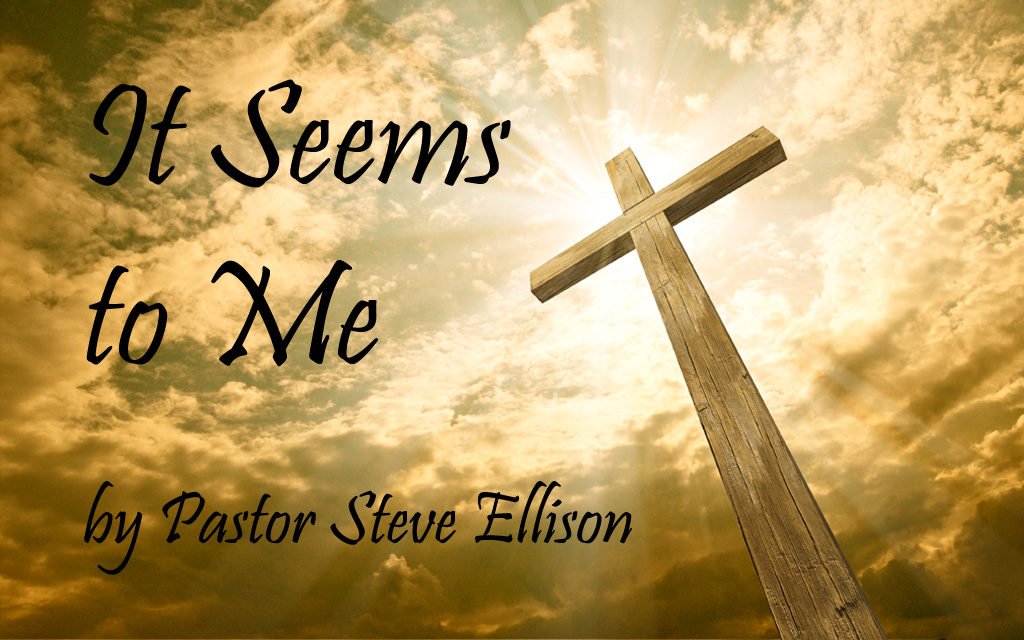Life Under the Sun
by Pastor Steve Ellison
Ecclesiastes has a great deal to say to every generation including mine. The author of Ecclesiastes does not name himself, but the description he gives of himself leaves us with only one logical conclusion: Solomon. The book opens by declaring itself to be the words of a particular person with a particular title. This Hebrew title is used of this one person only and it is only found in Ecclesiastes. It is used seven times in Ecclesiastes. The various versions of the Bible have translated it only two ways: The Teacher or The Preacher. Various dictionaries have agreed that it refers to the person who calls the religious assembly together and then addresses the assembly. In fact, this word is the title of the book. Ecclesiastes is the Greek translation of this Hebrew word.
Immediately, The Preacher reveals the theme of the book. He opens and closes the book focusing on the same word. This word has been variously translated and defined as: futility, vanity, vapor, worthlessness, emptiness, meaninglessness. This Hebrew word is found 38 times in Ecclesiastes and 35 times in the rest of the Old Testament. The book seeks to determine, “Is life really worth living?” How’s that for a question applicable to the 21st century? Immediately The Preacher, Solomon, examines a fact central to ancient man and to modern man, something we all must participate in: work. In Ecclesiastes 1:3 he asks, “What does man gain from all his labor at which he toils under the sun?” (NIV) He goes on to answer his question in the poem recorded in verses four through eleven of chapter one.
Before considering his answer, we ought to examine what The Preacher means by “under the sun”. He uses that phrase 29 times. (2 Samuel 12 is the only other place in the Bible where this phrase is found.) It seems to me that The Preacher is writing late in his life. It appears that he has come to see that he has misspent his life. He finally understands that he has focused on the temporary, when he should have focused on that which will last forever. He should have been able to see that those things which are “above the sun” (heavenly) are far more important than what is “under the sun”.
In answering his own question, The Preacher points out that man’s life is nothing more than a vapor and meaningless when compared to the steadfast longevity of the earth, the sun, the winds, and the rivers. He goes on to say that man is not able to understand those things nor even able to really appreciate them. He points out that even these permanent, immovable forces of nature, because of their totally monotonous, ceaseless repetitions, fail to produce any fresh, new, meaningful interruptions in our meaningless lives.
The Preacher is right. That which takes place “under the sun”, in this life, yields very, very little meaning, if any, except in those areas which relate to the coming life. I implore you to learn from Solomon, The Preacher. Please do not make the mistakes he made. He misspent his life. Major on that which is important. Focus on that which is eternal. Decide in this life to spend the next life, the eternal life, with Him who created you. Live this life in a way that you will not be ashamed to meet Him who loves you more than you love yourself. Invest your time and energy and intelligence and labor in this life in efforts that will store up rewards for yourself in heaven. Living in any other way makes no sense whatsoever.





